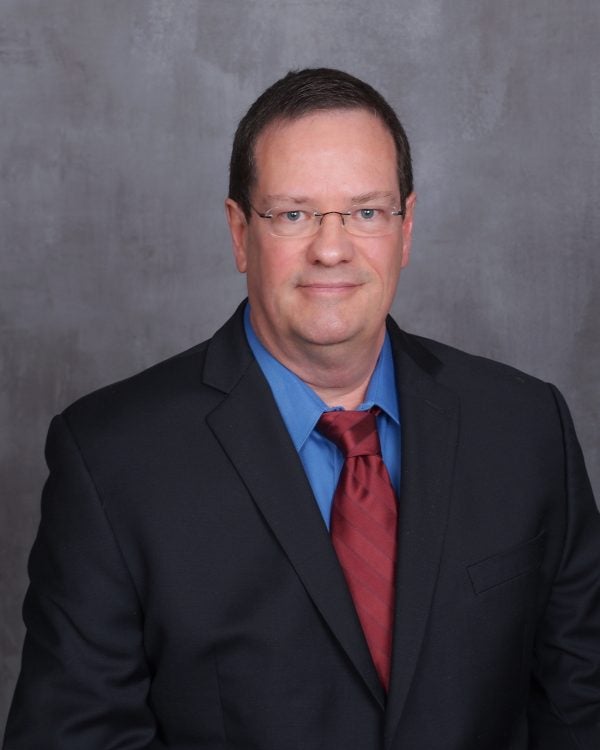New Brody anatomy chair named
Dr. Peter Koch has been named chair of the Department of Anatomy and Cell Biology at East Carolina University’s Brody School of Medicine, effective Jan. 30.
Most recently, Koch was a professor at the Charles C. Gates Center for Regenerative Medicine and the Departments of Dermatology, Cell and Developmental Biology and Ophthalmology at the University of Colorado Denver School of Medicine, where he also served as director of the Bioengineering Core for the University of Colorado Anschutz Medical Center. He also had an affiliate faculty appointment in the Department of Clinical Sciences for the College of Veterinary Medicine and Biomedical Sciences at Colorado State University.

Dr. Peter Koch, new chair of the Department of Anatomy and Cell Biology at ECU’s Brody School of Medicine. (Contributed photo)
“Dr. Koch brings tremendous research expertise to Brody School of Medicine and we are excited about the growth he will bring to Anatomy & Cell Biology in our future,” said Dr. Mark Stacy, Brody dean and vice chancellor for ECU’s Division of Health Sciences.
Koch, who earned a PhD in 1992 from the University of Heidelberg, Germany, has held teaching positions with the University of Heidelberg, Baylor College of Medicine and the University of Colorado Denver Graduate School. He has been an independent investigator with continuous NIH funding since 2000 and holds memberships in The Society for Investigative Dermatology and International Society for Transgenic Technology.
Koch will succeed Dr. Cheryl Knudson, longtime chair for anatomy and cell biology who retired from ECU in December. Dr. Dorcas O’ Rourke, chair of the Department of Comparative Medicine and ECU’s attending veterinarian, will serve as interim chair for anatomy and cell biology during January, in addition to maintaining her current duties.
Brody’s Department of Anatomy and Cell Biology is home to approximately 15 faculty members, eight staff, two research fellows and 10 doctoral students. Department faculty are actively involved with research areas that include signal transduction; stem cells; educational models and distance learning; cellular senescence and determinants of radiosensitivity in cancer; rearrangements of the cytoskeleton that occur during spermatogenesis; role of delta-catenin, presenilin and cadherins in synaptic remodeling and in cancer; function of tight junctions and claudins in ionic and tissue homeostasis; hyaluronan-CD44 interactions and their influence on BMP-initiated Smad signaling and other signaling pathways; and CD44-initiated signaling pathways that result in enhanced MMP production and extracellular degradation.
The department has an active role in training graduate students and is a provider of instruction to medical, nursing, physical therapy and physician assistant students.
–by Kelly Rogers Dilda, University Communications